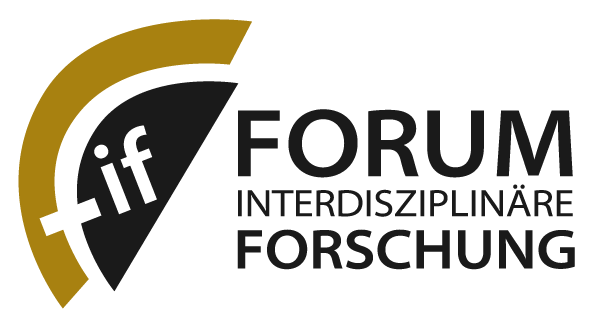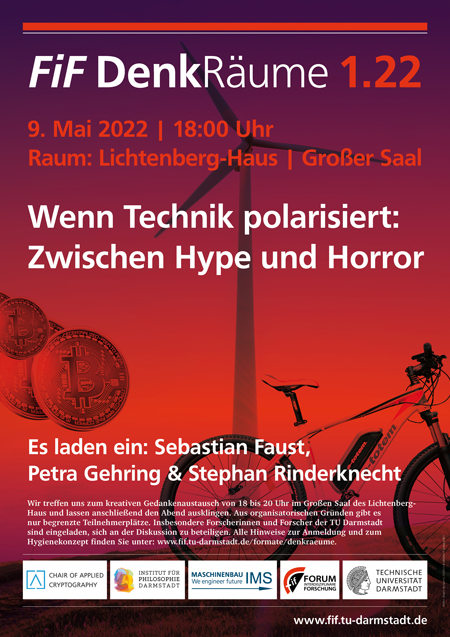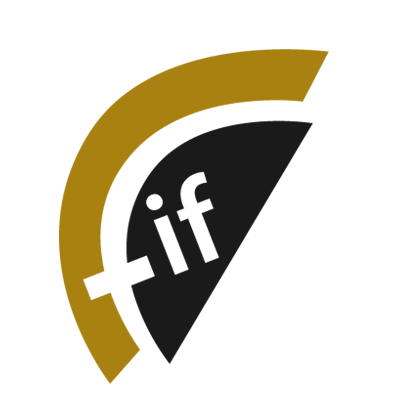Date: May 9, 2022
Location: Lichtenberg-Haus | Dieburgerstraße 241 | Großer Saal
Moderation: Prof. Sebastian Faust (dept. 20), Prof. Petra Gehring (dept. 2) and Prof. Stephan Rinderknecht (dept. 16)
The invitation
The one thing: what seems technically possible, which scenarios are planned by developers and which products of knowledge gained in advance go into the market. The other: how does the public actually react – even in the medium term? What “fits the times”?
And what causes hardened controversies or what even “crashes”? It is important for science to address the fate of technological knowledge 'out there' in economy and society. Without acceptance, the best idea is worthless. And on the other hand, it is attractive for engineering to deal with the acceptance conditions of tomorrow. Above all, there is the need to distinguish between factual arguments and mere advertising or propaganda. Science provides criteria and arguments for this. But how much difference do they make in broad public debates?
FiF-DenkRaum proposes to discuss the problem using three different examples: (1) a technology that at first appeared to be highly acceptable, but in the meantime – not least due to public objections – is being discussed in a polarised manner (wind power), (2) a technology that also has a largely positive public image (bicycle mobility/e-bikes), (3) a technology that is still rather unknown, often promises too much in technical terms, and is still far from the mainstream: what is to be thought of “blockchain technology”?
The FiF-DenkRaum does not primarily want to discuss the individual technologies. The focus of the evening is more on the question of the conditions for success and the – expected? preventable? – polarisation effects of new technologies.
The location
We will meet for a creative exchange of ideas from 6 to 8 p.m. in the Great Hall of the Lichtenberg House. After a short introduction into the topic by the three moderators, there will be an opportunity to discuss aspects of the three technologies selected as examples in three groups. In a final round, the questions and problems raised in each group will be summarised and discussed. Finally, we will have a relaxing end of the evening.
Due to organisational reasons, there are only limited places available. In particular, researchers from the TU Darmstadt are invited to participate in the discussion. The event will follow the hygiene rules of the TU-Darmstadt valid at that time.

















